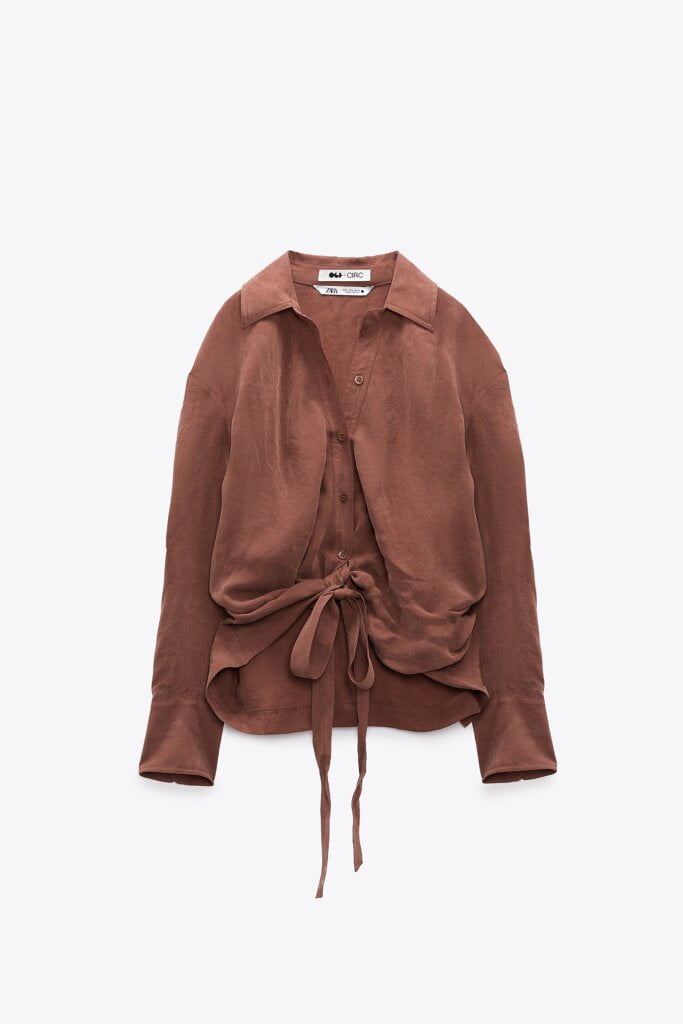This website uses cookies so that we can provide you with the best user experience possible. Cookie information is stored in your browser and performs functions such as recognising you when you return to our website and helping our team to understand which sections of the website you find most interesting and useful.

Inside Zara, Lululemon Drops for Earth Month,
Circular Fashion Policy News: Short Takes
RHONDA RICHFORD, KALEY ROSHITSH April 25, 2023

A Zara First: Zara dropped its first collection with Circ, the brand’s first capsule using recycled poly-cotton blends after parent company Inditex invested in the fiber-to-fiber recycling company in July.
Circ’s tech tackles the long-standing problem of recycling poly-cotton blends. It’s the only platform to successfully separate poly-cotton blended textile waste and recover both cellulosic cotton and synthetic polyester. It then turns them into new fibers and textiles.
The company aims to reduce the need for virgin textiles in the supply chain. Currently, only 1 percent of poly-cotton blends are recycled.
Zara’s Circ capsule features four pieces – a short, a halter top, a blouse and widelegged trousers – using lyocell made of 50 percent recycled poly-cotton, and polyester made with 43 percent recycled poly-cotton. The pieces are in a lightweight, earthy burgundy.
It’s the first project coming to fruition for Zara and Circ. Zara invested in Circ back in July as part of a $30 million series B funding round that also included Bill Gates’ Breakthrough Energy Ventures and American textile manufacturer Milliken & Company, among others. Circ then closed a $25 million round of funding backed by European online fashion giant Zalando, global materials science company Avery Dennison and Korean manufacturer Youngone on March 1.
According to Breakthrough Energy Ventures, the textiles industry is estimated to account for more than 1 billion metric tons of carbon emissions, the largest portion of which comes from raw materials.

T-shirt Tease: For Earth Month, Lululemon debuted its first products made with a plant-based nylon: appropriately green T-shirts with a twist.
The drop is part of a multiyear commitment with materials maker Geno, which employs sugar cane and industrial com (among other inputs) to make a bio-nylon. The drop includes a men’s “Metal Vent Tech” shirt ($78) and women’s “Swiftly Tech” shirt ($68), both utilizing Geno’s plant-based nylon material, available online starting Tuesday.
The material content varies between the styles, but the products contain more than 50 percent plant-based nylon, at least 40 percent recycled polyester and 3 percent elastane (which contains 30 percent elastane (which contains 30 percent plant-based content), according to the brand.
Across its portfolio, Lululemon relies on nylon (37 percent), polyester (25 percent) and cotton (15 percent) as chief materials in its mix. This latest drop signals the brand’s aim to reduce its impact by sourcing more renewable inputs including the goal to make 100 percent of its products with “sustainable materials” with “end-oflife solutions” by 2030.
“As we look to our 2030 goals, by transitioning our nylon to renewable content, we will impact the largest volume material we currently use,” said Esther Speck, senior vice president, global sustainable business and impact at Lululemon, to WWD. Speck called the material a “game changer for the industry.”
Meanwhile, pending B Corp brand The Fision experimented with farm-to-factory traceability tool FiberTrace for its T-shirt launch debuting Friday. The certifiedGood Earth Cotton (meaning regeneratively grown cotton) men’s and women’s shirts are embedded with FiberTrace tech at the raw material level and retail for $99 in three colorways on the brand’s website.
Exclusively to WWD, The Fision’s chief executive officer Josh Gelder said he hopes the launch showcases the “future of fashion being transparent.”
Acton Fashion: American Circular Textiles (ACT) group, a coalition of circular companies, released its first white paper Wednesday for U.S. policymakers addressing circularity gaps.
The founding members span Circular Services Group (which assembled the group last year), Rent the Runway, The RealReal, ThredUp, Arrive, Fashionphile, Recurate, Supercircle and Thrilling. H&M, Reformation and Debrand newly joined as members.
The paper covers these strategic areas: fostering green jobs and economic development (through a circular tax incentive); protecting domestic supply chains; offering both value and sustainability to consumers; achieving scale, and prioritizing the waste hierarchy (via extended producer responsibility laws) with incineration and landfill only as a last resort.
With some 30 billion pounds of textile waste annually, per the U.S. Environmental Protection Agency (and New York’s clothing waste alone the height of the Empire State Building) the problem is in dire need of solving. “We are filling that void and hoping to launch a discussion about solutions;· said ACT and Circular Services Group founder Rachel Kibbe in a statement.


